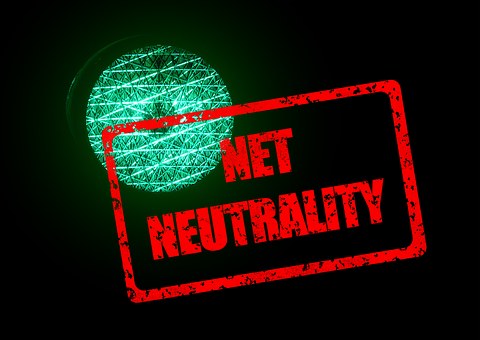Net Neutrality, created to present a level internet playing field, prevents internet service providers (ISPs) from prioritizing, slowing or blocking content. Net Neutrality opponents see it as over-regulation.
In any event, there are current rumblings of a Net Neutrality shake-up. The Federal Trade Commission (FCC) Chairman’s current proposal includes letting internet service providers voluntarily promise to uphold Net Neutrality principals (What???), placing less restrictions on free data, and switching oversight from the FCC to the Federal Trade Commission (FTC).
Obviously, there are some concerns with abolishing Net Neutrality:
Let’s talk limited restrictions on free data. This will make it easier for some customers (especially those with lower incomes) to access certain content, but that content will be what their provider decides it is….quite possibly whichever companies with which they currently have deals. Limited restrictions on free data would also make it harder for smaller content creators to gain attention.
Now let’s talk speed. Without Net Neutrality, broadband providers would also offer faster internet speeds to companies who pay more for it. Those companies without deep pockets would just seem slow in comparison.
There are also worries that the FTC – a smaller enforcement agency without the authority to make rules – simply will not be able effectively regulate telecommunication companies the way the FCC can.
All sounds a little scary, but you decide.

